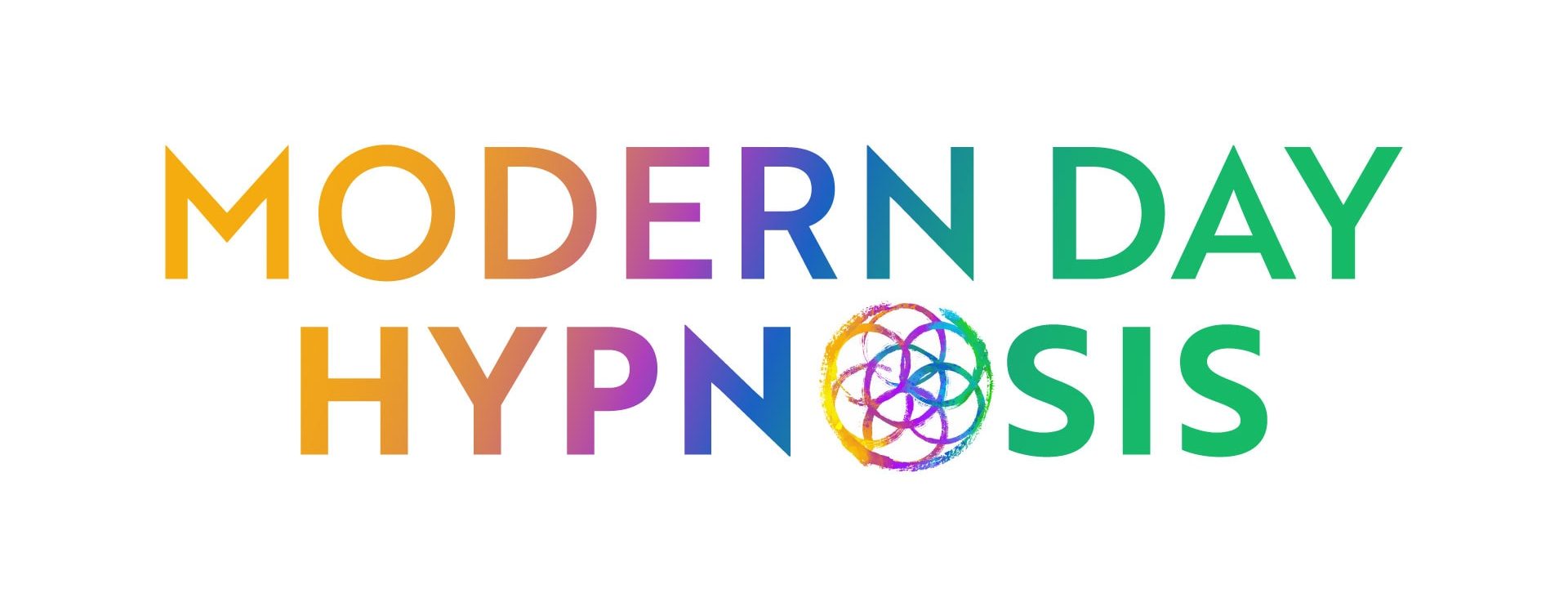9 Prominent Case Studies That Demonstrate the Efficacy of Hypnosis

Despite an overwhelming number of hypnosis studies proving its efficacy, this form of mind-body medicine remains highly misunderstood. Various hypnosis studies show that treatment has been successfully used to treat multiple medical conditions. It’s exceptionally efficient when used to treat conditions where psychological factors influence a patient’s physical symptoms. These conditions range from stress and anxiety to pain control during childbirth, surgery, or cancer treatment.
Here are five prominent hypnosis case studies proving its efficacy in alleviating different types of pain:
Arthritis
A study by the Arthritis Foundation concluded that hypnotic intervention was a gentle and effective way to reduce the pain associated with rheumatoid arthritis and osteoarthritis. More than 75% of the study participants reported a significant decrease in depression, anxiety, and arthritic pain. The participants also had elevated levels of immunoreactive materials resembling beta-endorphin.
Bone Fracture Healing
A study by a Harvard Medical school professor found that hypnotherapy can accelerate the healing process following a bone fracture. The bone fractures of the group receiving hypnosis healed much faster, and participants used fewer painkillers and had better mobility. They also had superior functional abilities when descending stairs compared to the control group that only received standard orthopedic treatment.
Cancer Support and Pain Relief
Various studies show that hypnotic intervention can help alleviate the pain associated with cancer. It’s also valuable for assisting patients in coping with the physical symptoms of cancer. Cancer patients who underwent hypnosis experienced lower emotional distress, less pain, fatigue, and nausea, and required less anesthesia during surgery. The hypnosis case studies show that hypnotherapy reduced the surgery session by up to 11 minutes, lowering the patient’s medical bill by $800.
Cancer Survival
Studies show hypnosis increases female patients’ survival rate for metastatic breast cancer. The patients who received weekly group hypnotherapy for a year outlived those who didn’t by 18 months.
Childbirth
One hypnosis research found that hypnotherapy significantly lowered childbirth complications among pregnant teens. Hypnotic interventions led to shorter hospital stays, fewer complications, and reduced need for surgical intervention. The mothers needed lesser anesthesia and postpartum analgesia, and only a few infants were admitted to the intensive care unit.
Drug Abuse
One case study found that hypnotherapy helped all participants stop using street drugs and stay clean for six months after its conclusion.
Dyspepsia
A study with 126 participants suffering from functional dyspepsia concluded that hypnotherapy could help improve the quality of life. Hypnosis helped improve long-term symptoms, reduce physician visits, and helped lower the patient’s healthcare spending.
Fibromyalgia
In one study, patients who had had refractory fibromyalgia for an average of 8.5 years reported significant improvement after hypnotic intervention. They reported a marked reduction in morning fatigue, muscle pain, general symptoms, and the use of pain medication. The relief lasted for six months after the last hypnosis session.
Hypertension
The results from a hypnosis research study with 44 participants show that the group that received hypnotherapy achieved and sustained a significant decrease in blood pressure. While both groups registered a considerable drop, only the participants in the hypnosis group could maintain the lower pressure. On average, the participants in the hypnosis group keep their blood pressure at 13.3 mm Hg systolic and 8.5 mm Hg diastolic lower than their baseline level.
Manage Illnesses and Pain with Hypnosis
Various hypnosis studies show that hypnotic intervention leads to better health outcomes when used alongside other medical interventions. Hypnosis accelerates the healing process, shortens the length of surgeries, and reduces hospital stays. It improves the quality of life by helping patients recover faster from illnesses while lowering healthcare costs.
Achieve Wellness and Other Life Goals
Although working with a qualified hypnotherapist one-on-one, or in groups, in-person, or virtual, or even through pre-recorded content is highly effective – you can also choose to hypnotize yourself! Any hypnosis effect in the mind is already considered self-hypnosis by the hypnosis training institutes.
With Modern Day Hypnosis Self-Applied Hypnosis Techniques you’ll apply many of the same processes used by experienced hypnotists plus have over 100 scripts and 20+ audio sessions for goals of any type.
One positive of self-hypnosis is that it can be done anywhere, at any moment, in live time, possibly making this the best option for you. Other positives are that you are the one most capable of hypnotizing yourself – in fact we already are in hypnosis a lot of the time daily! Now you can use the natural phenomenon of your mind to change things in your brain or body – and your life. Hypnosis is a powerful tool for accessing the vast potential of your subconscious. If you’re interested in learning more, book an appointment or attend a free workshop to learn self-hypnosis.
Hypnotherapy is not a substitute for medical treatment or psychotherapy. No service or product provided is intended to diagnose or treat any disease or illness, psychological or mental health condition.
- About the Author
IACT Trainer:
The International Association of Counselors and TherapistsDEHI Trainer:
The Dave Elman Hypnosis InstituteNGH Hypnotist:
The National Guild of HypnotistsIACT Hypnotist:
The International Association of Counselors and TherapistsIMDHA Hypnotist:
The International Medical and Dental Hypnotherapy Association
Hypnosis
Have You Tried It Yet? It Really Works!
